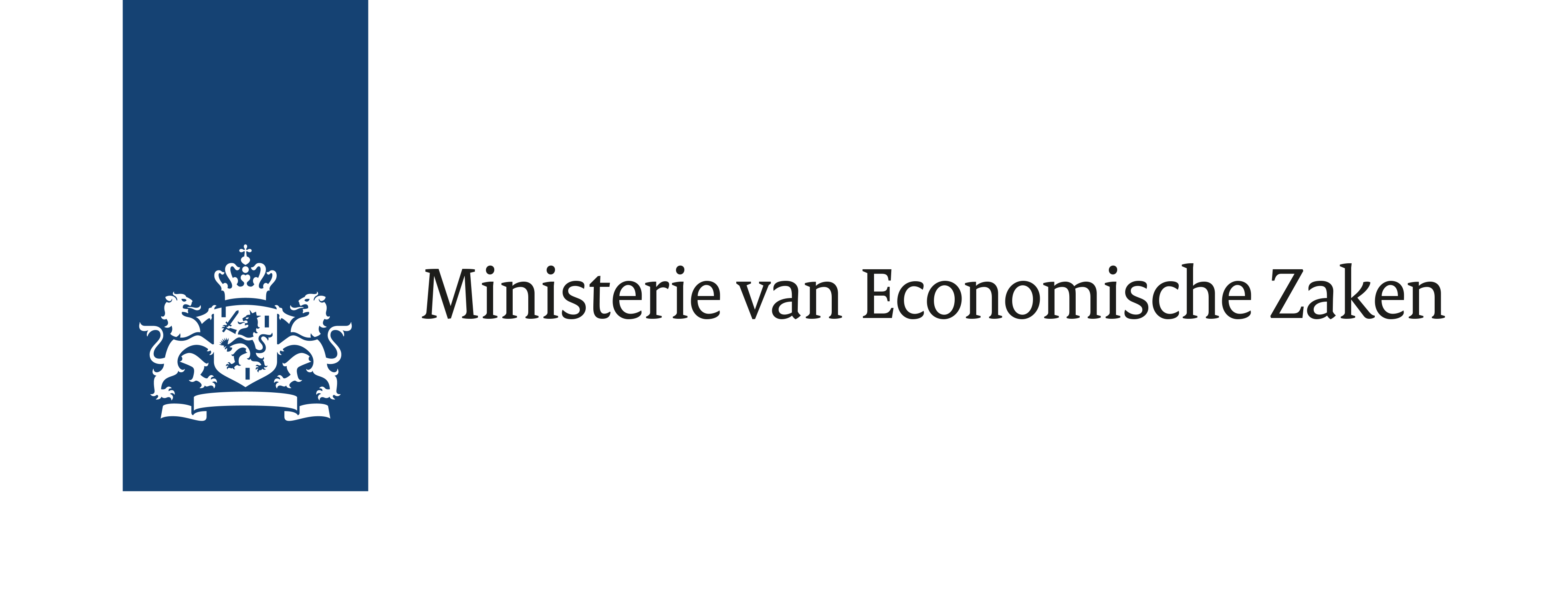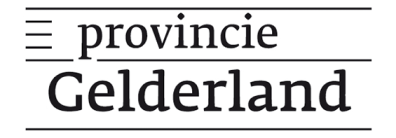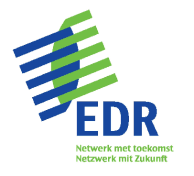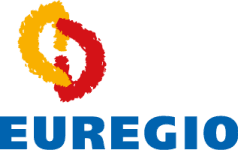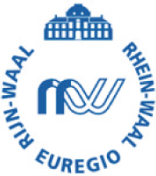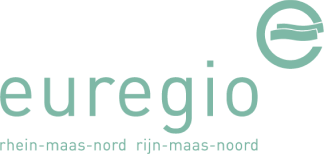The earlier children come into contact with the neighbouring language and their classmates in the border region, the easier it is to learn the language and culture of the neighbours and to learn that the region consists of a German and a Dutch part. The project “Frühe Nachbarsprache!” (Early Neighbourhood Language) takes on this task. It is therefore considered an important pillar for the development of a uniform, borderless education and labour market.
What is made possible by INTERREG/Europe?
Lea Timmer: The border regions are the interfaces of the European Union. Through cross-border cooperation, national borders in Europe are becoming less and less important. To support cross-border cooperation, the European Union has created the INTERREG funding programme. INTERREG provides financial support for cooperation projects along European borders that affect everyday life, for example in the fields of transport, the labour market and environmental protection.
“Frühe Nachbarsprache” is a project of the Ems Dollart Region (EDR). As a cross-border special purpose association along the German-Dutch border, EDR promotes cross-border cooperation. Within the INTERREG project Arbeitsmarkt Nord , “Frühe Nachbarsprache” encourages long-term cooperation between primary schools in neighbouring countries.
We support the search for school partners in the neighbouring country, coordinate cooperation with other schools and advocate neighbour language courses.
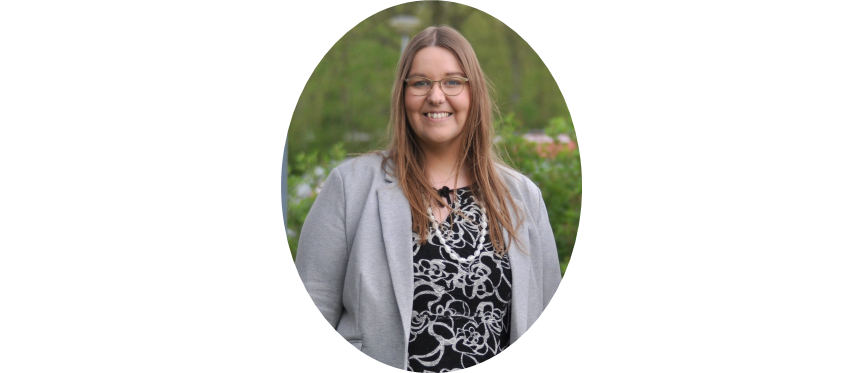
What significance does INTERREG have for you personally?
Lea Timmer: For me personally, my project “Frühe Nachbarsprache!” is one of the most fantastic INTERREG projects, because I am allowed to support the youngest Europeans, namely the children. Bringing primary schools into contact with each other and thereby ensuring that children from the Netherlands and Germany get to know each other is one of the most important aspects of intra-European cooperation. To see how children approach each other without prejudice and overcome the language barrier through play and personal contact is a special experience every time. Here I see and experience on a small scale what we would like to see for all of Europe in international cooperation. To use our strengths together and to meet each other without prejudice. For me, INTERREG means using our strengths together.
How does your sub-project “Freundschaften über die Grenze” come about?
Lea Timmer: Friendships are created in “Frühe Nachbarsprache!” not only between the children, but also between the participating schools. Long-term school partnerships are built up, which means that new children get to know their neighbours during mutual school visits. Of course, the neighbour language is not neglected either. On project days, during neighbour language activities, in project weeks or even in the regular language courses, first attempts are made to learn and get to know the neighbouring language.
As a component of the INTERREG project “Arbeidsmarkt Nord”, we naturally also benefit from the strengths of the other project partners.
Another component is also aimed at primary schools, for example, the “Digi+” project. The University NHL/Stenden and the Westphalian Wilhelms University of Münster are developing digital school material in the “Digi+” project. With the help of an internet platform, primary schools can digitally use teaching material for subject teaching in Dutch and German. Learning the neighbouring language can thus be integrated into regular lessons. I’m already looking forward to the first primary schools in our network being able to try out the material and finally making it available to all primary schools.
Why are these friendships important?
Lea Timmer: At “Arbeitsmarkt Nord” we are committed to strengthening our region. We enable students, interns, job seekers and employers to take their first steps into the neighbouring country and to use the region as a whole.
“Frühe Nachbarsprache!” starts with children, because if prejudices do not develop in the first place and an open mind is encouraged, it is natural for them as adults to spend their leisure time and working life in Germany and the Netherlands. Today’s children then no longer meet their neighbours, but their childhood friends. This makes working together much easier.
About the project
The project “Frühe Nachbarsprache!” is part of the project “Arbeitsmarkt Nord”, which aims to create a borderless education and labour market between the Netherlands and Germany. The Ems Dollart Region (EDR) in Bad Nieuweschans is in charge of the “Arbeitsmarkt Nord” project. The project is funded by the European Regional Development Fund (ERDF) as part of the INTERREG V A programme Germany-Netherlands. Co-financiers are the Dutch Ministry of Economic Affairs, the Ministry of Federal and European Affairs and Regional Development and the provinces of Groningen, Drenthe and Fryslân.
Photo: Georgsdorf Primary School is planting a friendship tree, which they received as a gift from their partner school OBS Stidalschool Dalerveen.

